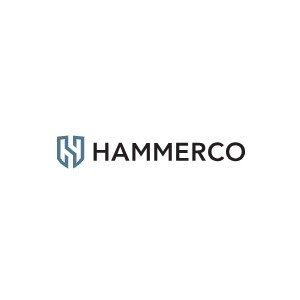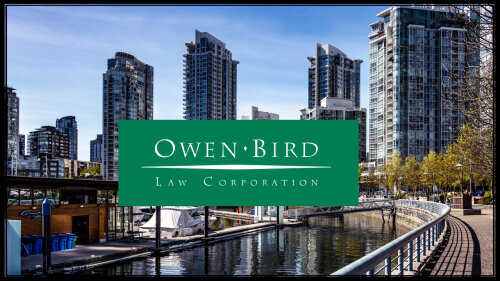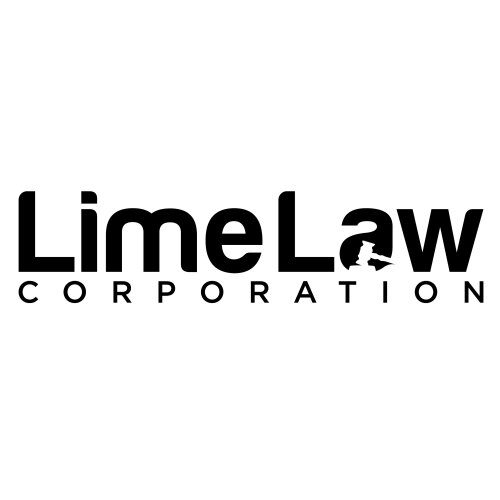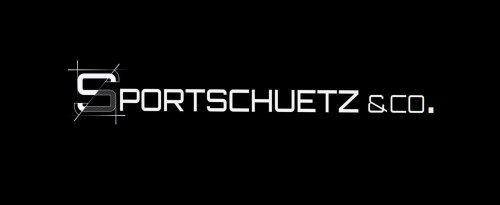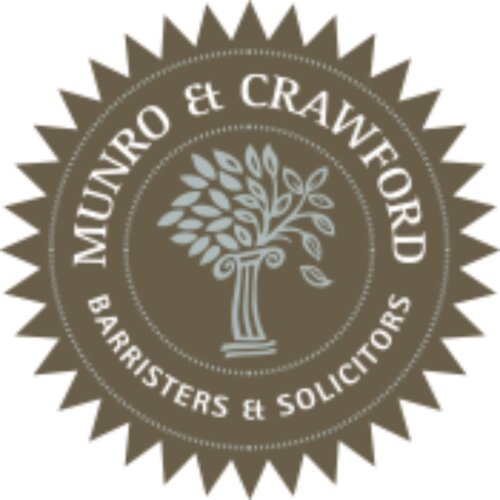Best Conveyancing Lawyers in Vancouver
Share your needs with us, get contacted by law firms.
Free. Takes 2 min.
Free Guide to Hiring a Real Estate Lawyer
List of the best lawyers in Vancouver, Canada
About Conveyancing Law in Vancouver, Canada
Conveyancing is the legal process of transferring ownership of real estate from one party to another. In Vancouver, Canada, conveyancing typically involves the purchase or sale of homes, condominiums, or land. This process encompasses reviewing and preparing legal documents, ensuring clear title to the property, registering property transfers, and handling the financial transactions between buyers, sellers, and lenders. With Vancouver's active real estate market and unique regulations, the conveyancing process requires careful attention to detail and knowledge of local laws.
Why You May Need a Lawyer
While some conveyancing tasks may appear straightforward, there are several common situations where hiring a lawyer is essential for protecting your interests in Vancouver. These include:
- Purchasing or selling residential or commercial real estate
- Reviewing and drafting purchase and sale agreements
- Identifying outstanding charges, liens, or encumbrances on a property
- Handling issues with the property’s title or boundaries
- Coordinating with lenders for mortgage discharges or new mortgages
- Managing trusts, family transfers, or estate sales
- Addressing disputes arising during or after the transaction
A lawyer proficient in conveyancing can help avoid costly mistakes, ensure all legal requirements are met, and facilitate a smooth transfer of property.
Local Laws Overview
Vancouver’s conveyancing process is governed by provincial legislation from British Columbia, as well as local bylaws and regulations. Key aspects that affect conveyancing include:
- Land Title Act: Outlines requirements for registering property transfers and interests on the Land Title and Survey Authority of British Columbia (LTSA) registry.
- Property Transfer Tax Act: Assesses a tax payable by the buyer when transferring real estate; exemptions may apply for first-time home buyers or other categories.
- Strata Property Act: Governs strata-titled properties such as condos, outlining seller disclosure requirements and unique processes for these sales.
- Local Zoning and Bylaw Compliance: Ensures that properties meet municipal requirements concerning use, structure, and legal status.
- Disclosure Obligations: Sellers must disclose known material latent defects and buyers need to be aware of due diligence requirements.
Legal professionals also coordinate with municipal bodies, tax authorities, financial institutions, and insurance companies to ensure a lawful and complete transfer.
Frequently Asked Questions
What is conveyancing and why is it important in Vancouver?
Conveyancing is the process of legally transferring property ownership. In Vancouver, it ensures all legal requirements are met and buyers receive clear title, free from unexpected claims or debts.
Do I need a lawyer to handle my property transaction?
While it is possible to do some parts yourself, most property transactions in British Columbia require a lawyer or notary to register your property in the Land Title Office and protect your legal interests.
How long does the conveyancing process typically take?
A standard residential conveyancing process in Vancouver takes 1 to 2 months, but timing can vary based on lender requirements, title searches, and transaction complexity.
What documents are needed for conveyancing?
Key documents include the purchase and sale agreement, property title search, mortgage instructions, ID verification, insurance proof, and strata documentation if applicable.
What are the costs associated with conveyancing?
Costs include legal fees, property transfer tax, title insurance, registration fees, and potential adjustments for utilities or taxes. Legal fees can vary based on transaction complexity.
What is the role of the Land Title Office?
The Land Title Office in BC registers changes in property ownership, records legal interests like mortgages, and ensures accuracy and validity of recorded data.
What happens on completion day?
On completion day, money is exchanged between buyer and seller, the title is registered in the buyer’s name, and the transaction is legally finalized.
What is a “subject removal” in real estate contracts?
Subject removal refers to the process where buyers fulfill or waive contract conditions such as financing or inspection before the sale becomes final.
How do strata properties affect conveyancing?
Strata transactions include extra steps like reviewing strata documents, disclosure forms, and confirming payment of strata fees and special assessments.
What if issues arise after the sale closes?
If problems come up after closing, such as undisclosed defects or title issues, consult your lawyer to discuss legal remedies, which may include negotiation or legal action.
Additional Resources
For further guidance and assistance on conveyancing in Vancouver, consider these helpful resources:
- Land Title and Survey Authority of British Columbia (LTSA) - Registers land titles and records
- British Columbia Ministry of Finance - Property Transfer Tax information
- Real Estate Council of British Columbia (RECBC) - Regulator of real estate professionals
- Law Society of British Columbia - Find qualified lawyers and legal requirements
- BC Notaries Association - Lists notaries offering conveyancing services
- City of Vancouver - Information on local property bylaws and taxes
Next Steps
If you are planning a real estate transaction or need assistance with any aspect of conveyancing in Vancouver:
- Consult a qualified real estate lawyer or notary as early as possible in the process
- Gather relevant documents, including your property agreement, identification, and any correspondence
- Ask for a clear outline of expected fees and timelines from your legal professional
- Ensure open communication between your lawyer, realtor, and lender
- Do not sign any binding agreements before having them reviewed by your legal representative
The complexity of conveyancing in Vancouver can vary, so professional guidance is essential for a smooth and secure experience. Seeking legal assistance early can help you avoid pitfalls and protect your rights and investment.
Lawzana helps you find the best lawyers and law firms in Vancouver through a curated and pre-screened list of qualified legal professionals. Our platform offers rankings and detailed profiles of attorneys and law firms, allowing you to compare based on practice areas, including Conveyancing, experience, and client feedback.
Each profile includes a description of the firm's areas of practice, client reviews, team members and partners, year of establishment, spoken languages, office locations, contact information, social media presence, and any published articles or resources. Most firms on our platform speak English and are experienced in both local and international legal matters.
Get a quote from top-rated law firms in Vancouver, Canada — quickly, securely, and without unnecessary hassle.
Disclaimer:
The information provided on this page is for general informational purposes only and does not constitute legal advice. While we strive to ensure the accuracy and relevance of the content, legal information may change over time, and interpretations of the law can vary. You should always consult with a qualified legal professional for advice specific to your situation.
We disclaim all liability for actions taken or not taken based on the content of this page. If you believe any information is incorrect or outdated, please contact us, and we will review and update it where appropriate.



